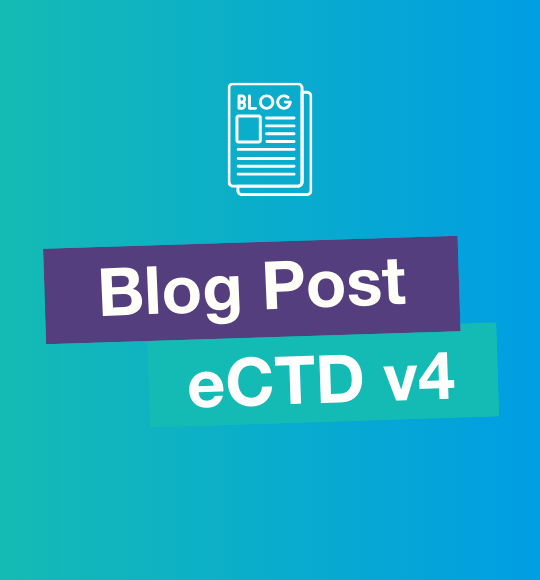-1.png?width=576&height=265&name=Where%20is%20DADI%20(1)-1.png)
Where is DADI? - The new EMA eAF: Definition and Impact
Last year, one particular topic had an enormous impact on the regulatory environment: the DADI project, introduced by the European Medicines Agency (EMA). However, due to its complexity, there are still some ambiguities. As a result, the DADI project stepped back, and the focus is now on the product that the project has created: the Product Lifecycle Management (PLM) Portal and its new electronic Application Form (eAF). Today, we will review what DADI created and what impact the new eAF may have on the regulatory landscape.
Faster and more accessible: Form-filling and submission-handling with PLM eAF
DADI is the acronym for The Digital Application Dataset Integration project, first launched by the EMA in 2021. This thoroughly thought-out project aimed to replace the electronic PDF application forms (eAF) used for regulatory submissions with online forms hosted on a dedicated portal and will provide a human-readable PDF output. With this new, revolutionary project, the future form-filling and submission-handling process will be much more efficient. Furthermore, these new web-based forms will comply with the EU Implementation Guidelines for human and veterinary medicinal product data description, using the Fast Healthcare Interoperability Resources (FHIR) data standard.
It is important to note that this is simply a technical change rather than a regulatory aspect change. It affects only the way how to fill out a form - as much data in the new eAF will be used directly from EMA’s SPOR IDMP System - and how to generate a pdf, but from the regulatory side, there will be no change in the procedure.
Advantages for Pharmaceutical Industry and Regulatory Agencies
Since this new eAF from EMA will change the usual way of working for many individuals in this industry, there will be several benefits for both applicants from the pharmaceutical industry as well as for the regulatory agencies:
- More effective processing, fewer mistakes, and disparities
- Easier compatibility and data transfer between regulatory authorities
- Process, validation, transmission, and re-use possible due to consistent data entry
- Enhanced usability and fewer errors for applicants
If you are looking for more information on how initiatives like DADI, SPOR, eCTD, and ePI aim at creating a streamlined and secure step towards an exceptional future for the life sciences sector, just download our whitepaper.
.png)


.png)